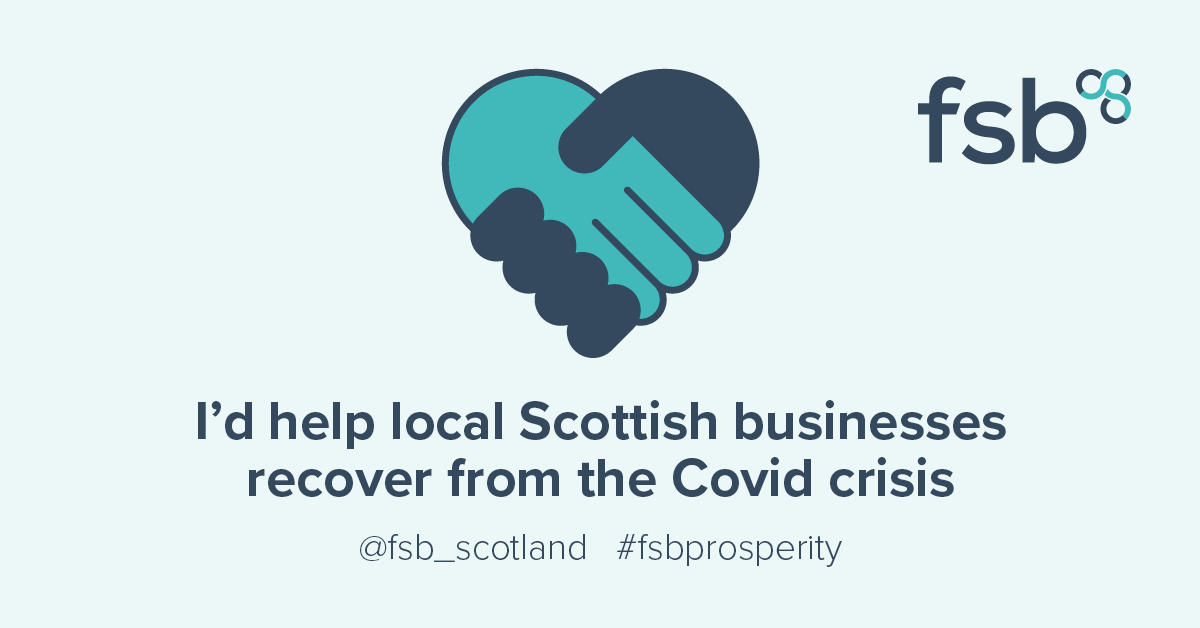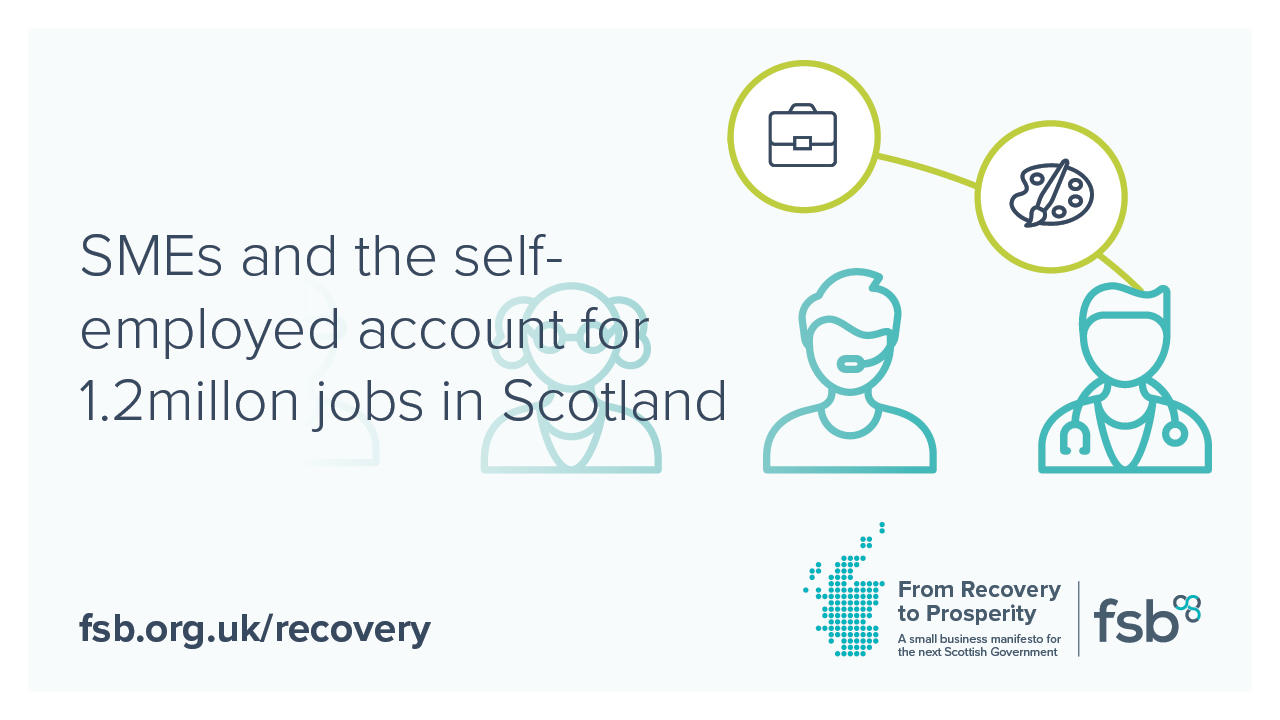Introduction

Around a million jobs are dependent on Scotland’s small business and self-employed community.
But the events of 2020 forced half of our businesses to close, at least temporarily, with insolvencies and joblessness set to rise as a result. Still, this crisis showed us the vital role small businesses play in our local communities and why we must ensure they recover and thrive.
That’s why our next Scottish Parliament must consider smaller firms at every turn, and why the next Scottish Government needs to help small businesses come back stronger.
Our recommendations
1. Deliver a Small Business Recovery Act
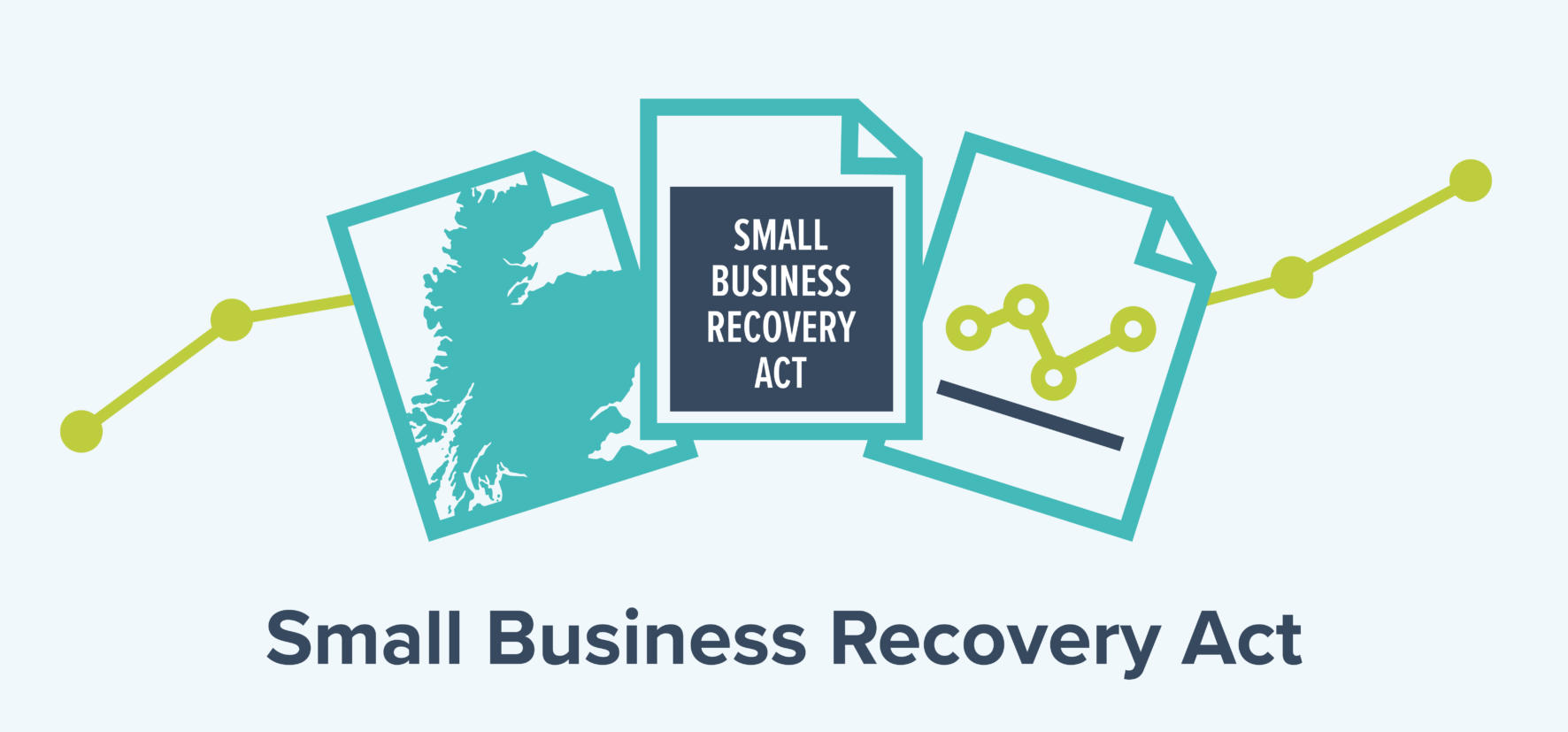
The pandemic showed Scotland the importance of local businesses. Many small operators – like grocers and cafés – looked after vulnerable citizens at the height of the crisis and throughout.
Independent firms often became community hubs, while small producers were proud to back the national effort to make protective equipment.
However, the crisis has taken a heavy toll, with small business confidence at record lows and firms saddled with billions of pounds of debt.
That’s why we need a Small Business Recovery Act to put small firms at the heart of the government’s plans for recovery. We should use this act to:
- Set binding targets to boost the share of public contracts that go to local firms, ensuring that small businesses are paid on time by big businesses and the public sector;
- Create a Small Business Recovery Unit to safeguard small business interests when new laws and tax and spending plans are considered – as well as improving the government’s understanding of small firms;
- Reform the commercial property market to better protect small business tenants, including investigating the creation of a property ownership database to help tackle the blight of empty properties.
2. Keep overheads down

2020 exhausted many businesses’ cash reserves and they face ongoing costs as the Covid crisis continues to affect trading.
That’s why the next Scottish Government should use every lever at its disposal to keep overheads down as firms recover. This means:
- Retaining the Small Business Bonus rates relief scheme for the duration of the next parliament, expanding the support to cover firms in higher value premises;
- Extending the coronavirus-related rate reliefs for smaller firms in retail, hospitality and tourism for at least the next two financial years;
- Freezing, reducing or deferring all other fees and charges that the public sector levies on business (including licensing fees, workplace parking levies, water charges, waste and regulatory charges) for at least the first two years of the next parliamentary term.
3. Help the self-employed get back on their feet
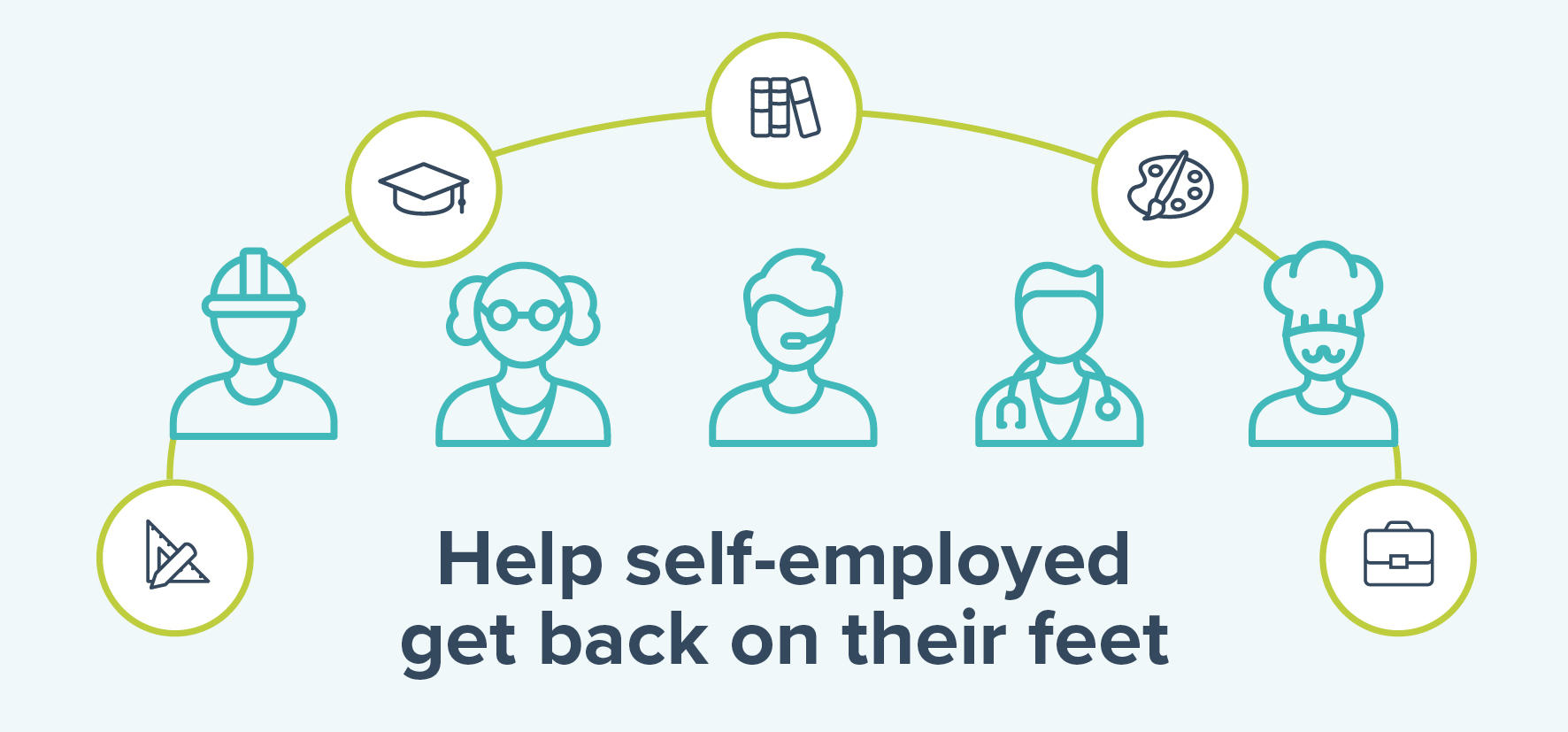
Over the course of the last parliament, many more people in Scotland chose to work for themselves – nearly 10,000 set up on their own in the year before the pandemic hit. However, the crisis also exposed the vulnerability of the self-employed, with many facing much of 2020 with little or no income.
With more people self-employed in Scotland than work for the NHS, now is the time to back this group by reducing some of the risks they face. This means:
- Piloting bread funds, which offer a collective insurance approach for self-employed individuals who could not otherwise access sick pay;
- Providing maternity, paternity and adoption payments to the self-employed via Social Security Scotland;
- Funding a peer-to-peer mental wellbeing support service for business owners.
4. Give local business a share in the green recovery
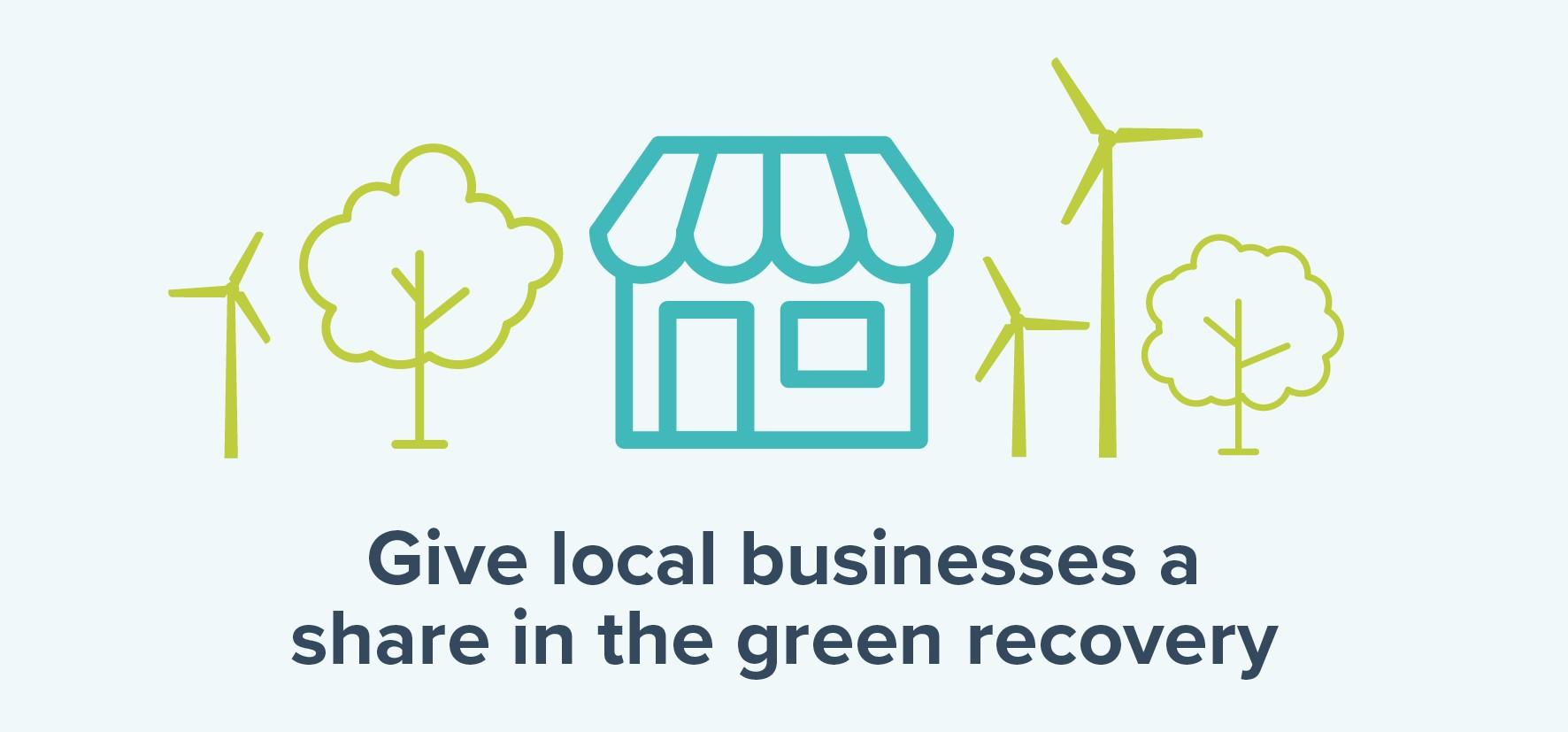
Making our homes and business premises more energy efficient is one of the vital steps Scotland must take to meet our climate change commitments. And this investment could also help drive the recovery and build the capacity of Scotland’s business community.
The next Scottish Government should:
- Upgrade business and community premises at the same time as homes, taking a neighbourhood approach to improving the energy efficiency of buildings – especially where businesses share older or listed buildings;
- Break down the contracts for this work to ensure small and micro contractors can successfully bid, allowing them to invest in green skills and jobs;
- Ensure no local economy is left without rapid electric charging points, and help firms find affordable alternatives to diesel-fuelled light goods vehicles.
5. Value our cornerstone businesses

A key lesson from the coronavirus crisis is that local businesses are vitally important to our collective success.
But, too often, the value that we place on things like retail, leisure or the care sector aren’t reflected in governments’ economic priorities.
If we want to build up the wealth in our communities, we need our real economy, not only to recover, but to thrive. This means:
- Putting these overlooked industries at the heart of the next Scottish Government’s economic strategy, setting out how they will be supported to adapt, innovate and become more resilient;
- Launching a development fund to help childcare and social care businesses recover from the crisis while building their capabilities;
- Launching a Clicks and Bricks independent retail fund to help small shops recover, expand their digital skills, and encourage new start-ups.
6. Renew local places

The coronavirus crisis disrupted how many of us live and work, dramatically reducing footfall in many Scottish town and city high streets.
Our rural communities face the added challenges of an ageing, declining population, as well as the predicted long recovery for the tourism industry.
But we don’t just want our local communities to get back to where they were before Covid struck – we want them to become the places they can be. And this will require new ideas and a level of investment not seen since the creation of New Towns. This means:
- Getting the Scottish National Investment Bank to invest in repurposing long-term vacant units on our high streets;
- Redesigning the city region and growth deals to fund the recovery of local places, bidding to the UK Shared Prosperity Fund for cash to help town and city centres adapt;
- Developing a remote working strategy to maximise the economic opportunities for rural areas struggling with depopulation, whilst minimising downsides for towns and cities.
7. Support small firms to create jobs
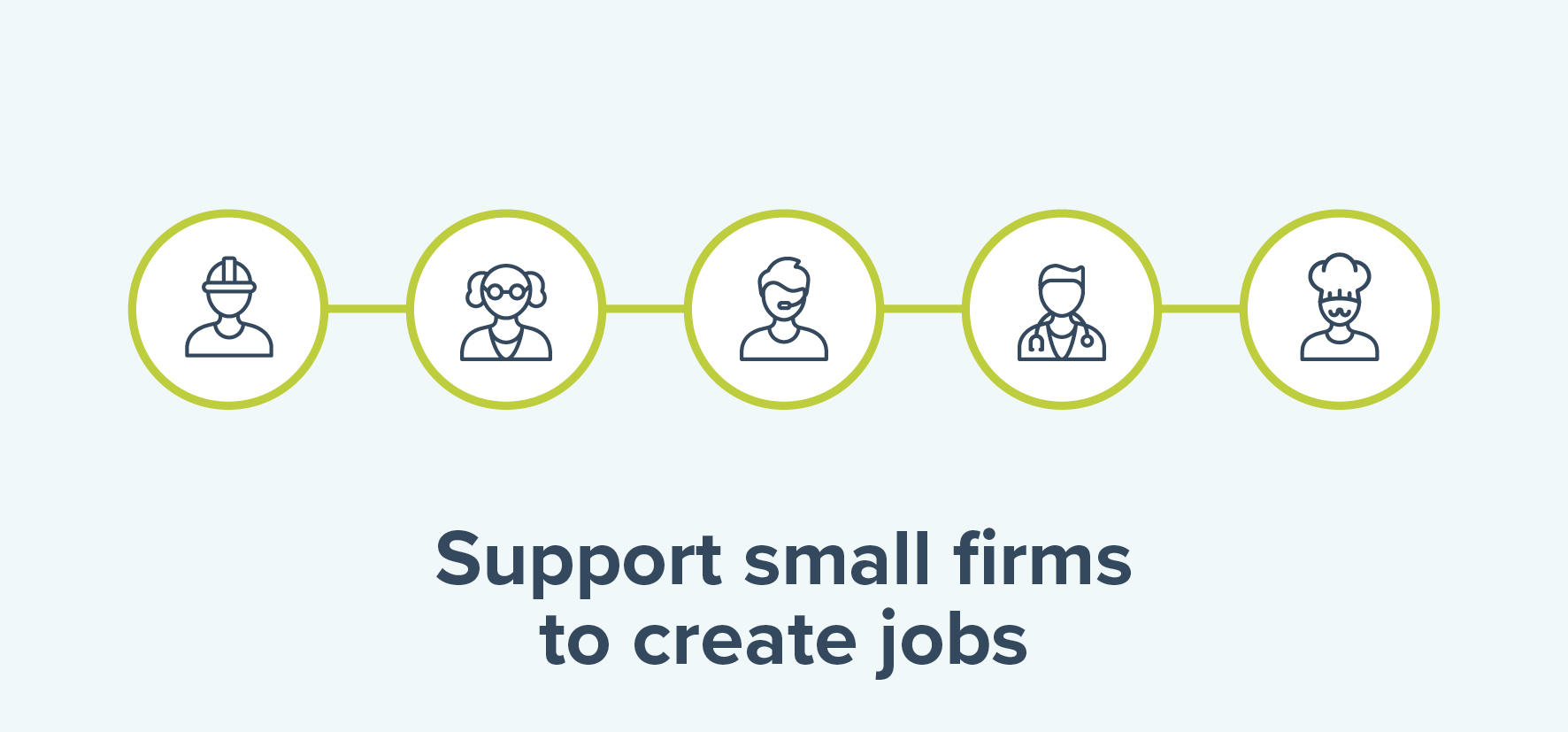
After the financial crash of 2008, nine in ten unemployed people who re-joined the workforce did so by joining a small business or setting one up.
Harnessing the power of Scottish small firms to create jobs will be key to our recovery from the pandemic.
Evidence suggests that both older and younger workers will find the job market difficult. This means the next Scottish Government needs to:
- Launch a job subsidy scheme for unemployed older workers, paying 50% of the wages for the first six months for workers aged 50+;
- Cover 12 months of wage costs for any small business taking on their first apprentice.
8. Sharpen Scotland’s digital capabilities
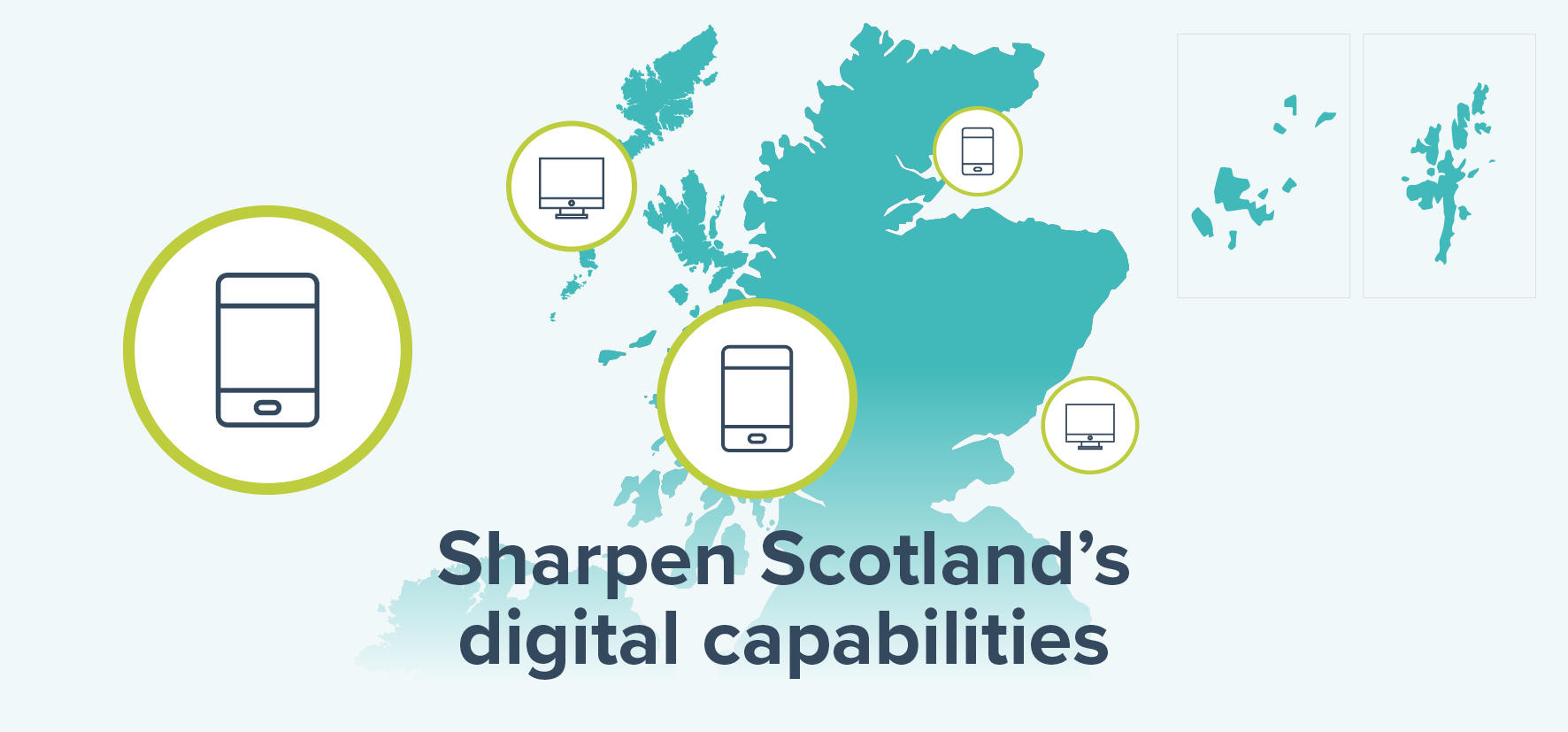
A fifth of small businesses say that the coronavirus outbreak led to them adopting new digital technologies. But even before the crisis, only a quarter of small employers thought they had the right digital skills in their teams.
The next Scottish Government must accelerate digital improvement – completing programmes to improve broadband infrastructure, dramatically improving digital public services and helping small firms adapt to rapidly changing markets. In addition, they must:
- Triple the capacity of the CodeClan initiative and pilot a similar academy model for leadership and digital skills in non-technology businesses;
- Offer detailed digital health checks to smaller businesses to unlock grant support of up to £10,000 to build skills and buy equipment.
9. Help small businesses upskill

The coronavirus crisis has accelerated changes in our labour market. But too few people, whether workers or small business owners themselves, have been building up their skills over their working lives.
We need better programmes and systems in place to help small businesses train their people. This means we need to:
- Change the funding system for universities and colleges to reward them when they provide short, practical courses that help local workers and businesses succeed;
- Give smaller firms £1 back for every £3 they invest in staff or their own skills;
- Build a small business skills service to help firms invest in their workforce.
Get Involved!
Download our social media assets and tweet them using the hashtag #fsbprosperity
Help us make the small business case by sharing your ideas in videos and selfies using the hashtag #fsbprosperity


